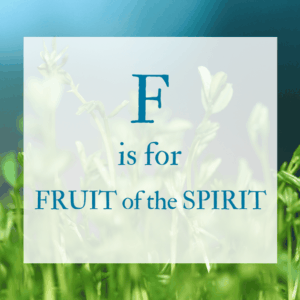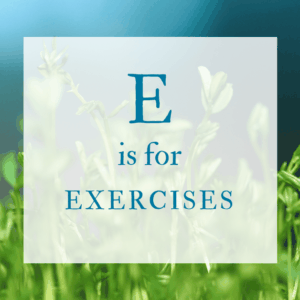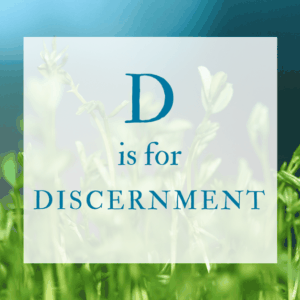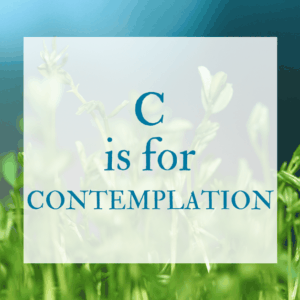 I’m often asked, “How do you maintain the motivation for Spiritual Growth?”
I’m often asked, “How do you maintain the motivation for Spiritual Growth?”
Obviously, it’s about committing to it, and persisting in it, but there is also an aspect of listening that is required. Listening takes practice, and it must become a way of life.
We are not naturally inclined to this activity of listening to God. And the fault lies in us, not in him. God is always present, and always ready to give us what we need. Not only the physical provisions we keep lists about, but the emotional provision we crave as well.
Our problem isn’t simply that we refuse to listen, I think, we’ve forgotten how.
I began learning about Listening at the same time I began learning about Benedictine Spirituality. “Listen,” is the first word in St. Benedict’s Rule, his guidebook for communal living. “Listen, my child, to your master’s precepts, and incline the ear of your heart.”
Listening with the ear of your heart, is different than hearing with your ear. Hearing with your ear is passive; some sound disturbs the air and hits your ear drum. This causes a nerve to be stimulated, which is then processed by a speech center in your brain. And you hear.
Listening with the ear of your heart is active. There is a receptivity to it, a sensitivity. There must be a desire to hear God, a yearning of sorts.
Now, God isn’t a tricky god. No, He doesn’t want to make things difficult, but He also wants you to do the work. I think it’s because are aren’t really ready to hear, until we are really ready to listen. If you want to progress in the Spiritual Life, you will need to begin, and continue in the process of listening to God.
I want to encourage you that there are tools that will help. I shared several resources in my “E is for EXERCISE” piece. If you missed it, here’s a link. Make a commitment to your own growth, and try one of them out today! When you do, email me and tell me how it went!! I’m always inspired when I hear stories of how God shows up and uses my exercises to convey a message!
Want to know how to keep yourself motivated in your search for Spiritual Growth, practice listening! It will become, for you, a new way to seek God.
“You will seek me and find me, when you seek me with all your heart.” Jeremiah 29:13
Tomorrow: M is for Merton!
 It wasn’t until I began to understand God’s kindness towards me, that I began to extend that kindness to myself.
It wasn’t until I began to understand God’s kindness towards me, that I began to extend that kindness to myself.


 When I selected HUMILITY as my “H” in this A to Z Blog Challenge, I didn’t realize that it would coincided with Palm Sunday, the Sunday before Easter. At my church the service is full of readings, music, and images of a humble man, whose obedience leads him to His death. A behavior we’re asked to imitate in our daily lives.
When I selected HUMILITY as my “H” in this A to Z Blog Challenge, I didn’t realize that it would coincided with Palm Sunday, the Sunday before Easter. At my church the service is full of readings, music, and images of a humble man, whose obedience leads him to His death. A behavior we’re asked to imitate in our daily lives.

 That dreaded word: exercise. And in the Spiritual Realm … really?
That dreaded word: exercise. And in the Spiritual Realm … really? A foundational element in Spiritual Growth, DISCERNMENT is simply the act of listening for God’s voice. Simple, however anything BUT easy. How do you discern His voice amid the other noise? His leading? A struggle I hear about in my work as a Spiritual Director, and an issue I’ve struggled with myself.
A foundational element in Spiritual Growth, DISCERNMENT is simply the act of listening for God’s voice. Simple, however anything BUT easy. How do you discern His voice amid the other noise? His leading? A struggle I hear about in my work as a Spiritual Director, and an issue I’ve struggled with myself.
